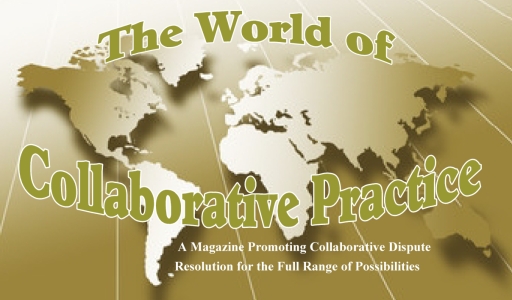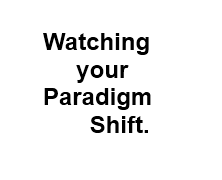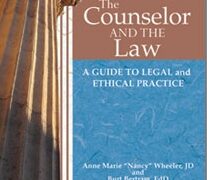“I’m ‘collaborative’ and you’re not.” How do we work then that comes up? What does it mean? These questions are at the center of our discussion today. We first cover the situation of one professional not having received even Basic Collaborative Practice training. We talk as well about the role Practice Groups can play here. And we found that this is a topic that will likely carry us through several sessions. Later in the conversation we also talked about how that interplays with the differing challenges facing the members of each profession approaching Collaborative Practice. Don’t forget to...
Divorce – Easing the Children’s Transition from Li...
posted by admin
by Lee Chabin, Esq. Divorce is hard on adults and children alike. But, unlike adults, children have little or no say in what happens. Even if you were not the one to initiate the divorce, no doubt there are many decisions you will get to (have to?) make, perhaps including whether to remain at your current job, and which neighborhood to live in. Our kids, on the other hand, will live and attend school where we (or a judge) decide. None of us like to feel out of control, and where we can, it is wise to grant our children the power to make their own decisions – up to a point. Let’s take the example of a new home. Pretend that you have...
Talking With…. Woody Mosten, 5
posted by admin
How does a new trainee break into Collaborative Practice? How do Collaborative Practice and Mediation ‘relate’? Is one necessary or sufficient for the other? These questions are at the center of our discussion today. Don’t forget to share your thoughts in the comment section below. Today’s Guests: Carol Miller, LCPC Downers Grove, IL Profile Kevin Scudder, JD Seattle, WA www.scudderlaw.net (Would you like to join us for our next conversation? We’ll have room for up to four people. Sign up here for our email list. We send out notices and details of when and how you can join in the discussion.)...
Are You Facilitating the Creation of a Post-Divorc...
posted by admin
Like it or not, if there are children of the relationship (regardless of their age), the family still exists after the relationship ends. The manner in which you end a relationship determines whether your family will be functional or dysfunctional from that day forward. Abraham Lincoln’s Notes for a Law Lecture dated July 1, 1850, provide in pertinent part as follows: “Discourage litigation. Persuade your neighbors to compromise whenever you can. Point out to them how the nominal winner is often a real loser — in fees, expenses, and waste of time. As a peacemaker the lawyer has a superior opportunity of being a good man. There will...
Shifting back into &...
posted by admin
Working in Collaborative Practice involves a very different mindset from that with which many of us approach litigation. Often times something we say or do can be a very good cue for us to ask ourselves…. “how am I thinking? how am I looking at this? am I...
The Counselor and th...
posted by admin
BOOK REVIEW If you are a mental health professional engaged in collaborative practice, The Counselor and the Law is a must read. While the legal references relate to the law within the United States, the issues raised are relevant to all mental health professionals around the globe. The...









Connect With Us!